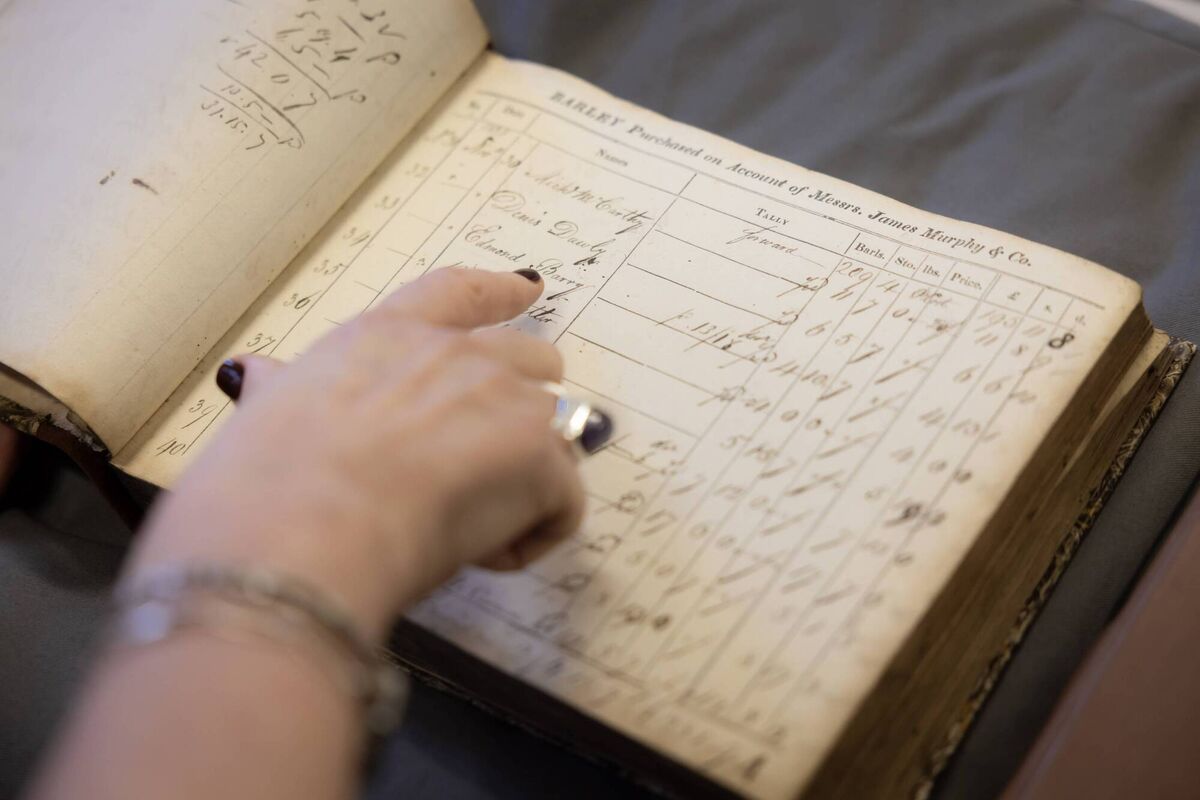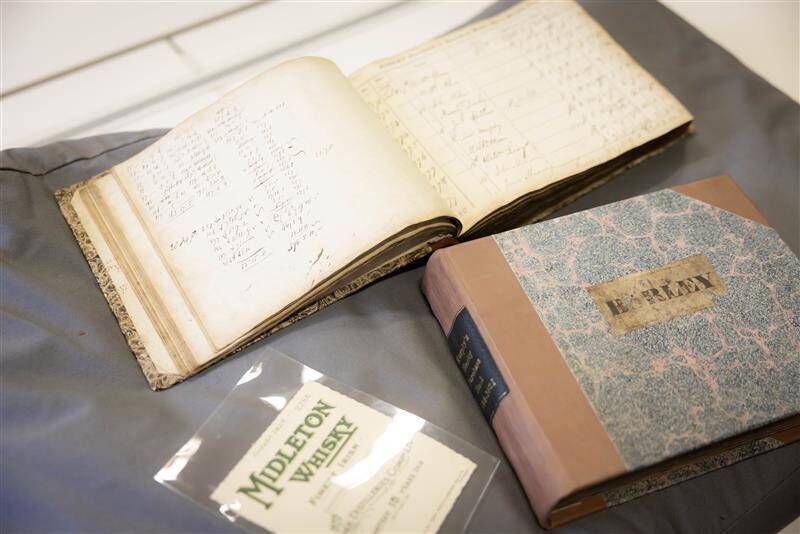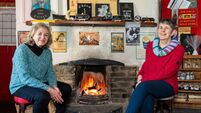'The distillery was very much a family affair': 200 years of distilling in Cork

Carol Quinn, Head of Archives, Irish Distillers Midleton Distillery.

It was at that point that the distillery built a dedicated space for record storage and hired Carol as Head of Archives. In her time examining the records, she’s discovered numerous gems about a company that has, over the last two centuries, become a Cork – and Irish – institution.

As Carol says: “Our wage books show that it’s often sons following fathers into working at the distillery. So at any one time you could have a grandfather, a father, a son and a grandson working alongside a cousin and an uncle. It was very much a family affair”.
- To celebrate 200 years of whiskey production, Irish Distillers has partnered with Ancestry.ie to publish historic barley purchase records from Midleton Distillery from the period 1825-1834. Descendants of East Cork barley farmers can search their family records at https://www.ancestry.co.uk/search/collections/63101/







 App?
App?


